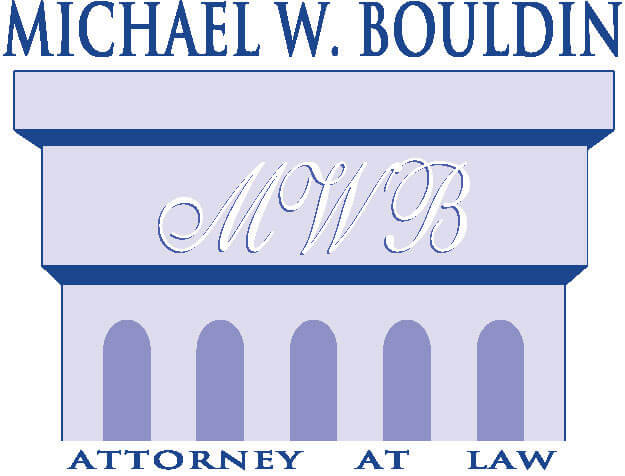After listening to a recent podcast for facial recognition, Stuff You Should Know, it gave me the thought of a separate article concentrating on crimes and investigations in which Facial Recognition is used to “solve” the crime or identify a suspect. Is every adult now part of a virtual lineup every day?
The 4th Amendment of the US Constitution guarantees persons from unreasonable searches and seizures. Case law around this issue is that it passes constitutional muster so long as they are minimally invasive to the party and the public good outweighs the infringement of rights. The US Supreme Court has found that a copy of voice or handwriting, a lifted fingerprint or found DNA is not a “search and seizure of a person.” There is a requirement to obtain a warrant if requesting a person’s DNA or submission to a fingerprint analysis. As such, it is very unlikely that a court would find that a photo of your face would be a search or seizure subject to constitutional protection.
The second argument against is one of privacy. In general, one cannot have a reasonable expectation of privacy for things put into a public space and there is no expectation of privacy of a person’s physical characteristics, such as voice and handwriting. It would be a stretch to rule that a person as a right to privacy regarding their facial features; especially if they are in public and upload pictures to social media sites.
The use of AI facial recognition has grown considerably in recent year(s) and is growing at a rapid pace. The slope is dangerous and slippery. While most people do not object to using this to catch child predators or to find abducted children, the next few steps would undoubtedly follow. Police in may cities already use Facial Recognition to identify criminal suspects. Recent investigations say that just searching criminal databases has lowered from 30 days for a human to 3 minutes for a computer. Obviously this is a better use of time, but to what extent? Can we use it to identify traffic offenders, speeding, jaywalking or any other typically innocuous crime.
The bigger question is what is the tolerance for mistaken identity? Due to the databases used, it is proven that minorities, particularly African Americans, are more often mistaken than white people. Black women are disproportionately mistaken in Facial Recognition. So if the computer gets it wrong 1% of the time, is that a good result. We get 99 criminals off the street and 1 innocent person gets wrongly accused or convicted. What percent is acceptable? Moreover, is is fair for a person to have to defend themselves from baseless accusations because a computer picked them out of a lineup that they didn’t know they were in?
If used, virtually every person is a potential suspect in every crime and they are part of an ongoing virtual lineup in every case. You may be investigated, questioned, asked for an alibi, or even charged without ever knowing about a case because your face is in any database – mug shot, DMV, Instagram, LinkedIn, FaceBook, etc.
This area is rapidly expanding and there is little hope of putting the cat back into the box. This should be a legislative debate, but unfortunately it will likely first be led by criminal defense attorneys seeking justice for their clients.
If you have been charged with a crime, you need to consult with an experienced criminal defense attorney. For consultation, contact Michael Bouldin by clicking this LINK , email [email protected] or call 859-581-6453 (581-MIKE).

